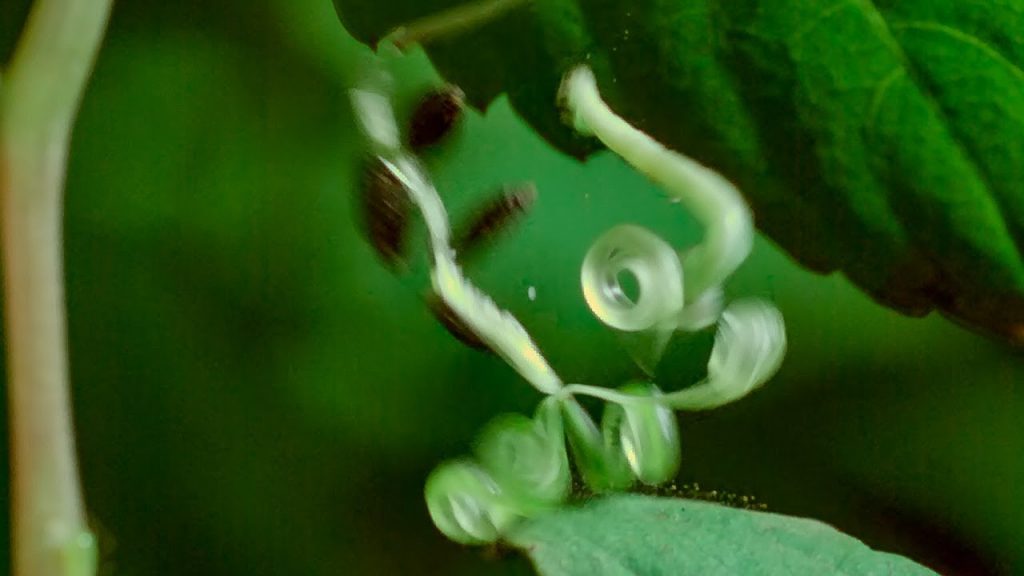Woman Who Can’t Feel Pain Eats One of the Hottest Chillies

71-year-old Jo Cameron has been diagnosed with a rare genetic mutation estimated to affect just one in several million which makes her unable to experience any physical pain.
The Inverness grandmother astounded medical professionals and joins us alongside Dr Zoe to explain more about her condition and how it could help others – plus – we’ll be testing her threshold with various challenges.
What genetic mutation causes CIP, and how is it inherited?
A woman who cannot feel pain recently made headlines after eating one of the hottest chillies in the world. This rare medical condition called congenital insensitivity to pain (CIP) affects only a handful of people worldwide.
The woman, named Yasmin Ahmed, is from the UK and has lived with CIP her entire life. She is unable to feel pain, which means she cannot sense sensations such as extreme heat, cold, or pressure. Although CIP has its benefits, such as never experiencing the discomfort of a headache or toothache, it can also pose significant health risks.
Ahmed decided to test her tolerance for spicy foods and attempted to eat a Carolina Reaper chili, one of the world’s hottest peppers. The chili measures around 1.5 million on the Scoville scale, a unit used to measure the spiciness of peppers. To put it in perspective, a jalapeño pepper measures only 5,000 on the scale.
According to Ahmed, she did not feel any sensation of heat or pain while eating the infamous pepper. People who consume a Carolina Reaper chili often experience symptoms such as burning sensations in the mouth, throat, and stomach, and even vomiting.
While it may sound like a superhuman ability, living with CIP has its challenges. People with this condition are at risk of injuring themselves without realizing it, such as accidentally biting their tongue or burning themselves without realizing it. They may also not recognize if they are ill or in need of medical attention.
CIP is caused by a genetic mutation that affects the way nerve cells transmit pain signals to the brain. The condition is inherited in an autosomal recessive pattern, meaning both parents must pass on the defective gene for their child to develop CIP.
Although Ahmed’s ability to eat a Carolina Reaper chili may seem impressive, it is essential to remember that CIP is a serious medical condition that requires careful management. Those with CIP must take extra precautions to avoid accidents and injuries.
In conclusion, Yasmin Ahmed’s story highlights the extraordinary capabilities of those with congenital insensitivity to pain. However, it also underscores the importance of raising awareness about this condition to ensure those living with it receive the necessary support and care.










Portable home delivered as furniture, tailored as smartphone
WORLD CUP FINALS WINNING RACE RUN
Vipp Shelter tiny prefab as precise industrial-era appliance
Urban Stealth Camping With Hammock In Residential Area
Great Smoky Mountains Travel Guide: 2 Days Exploring the National Park